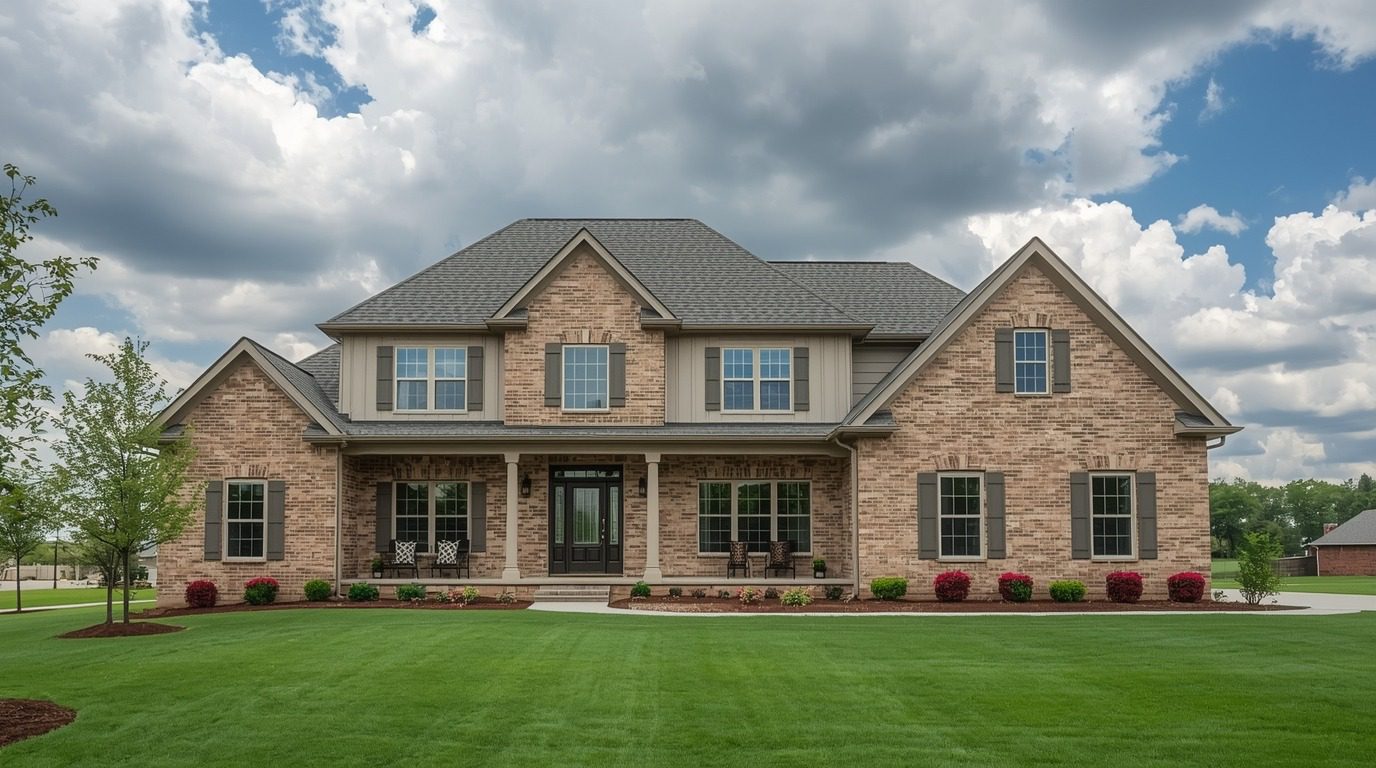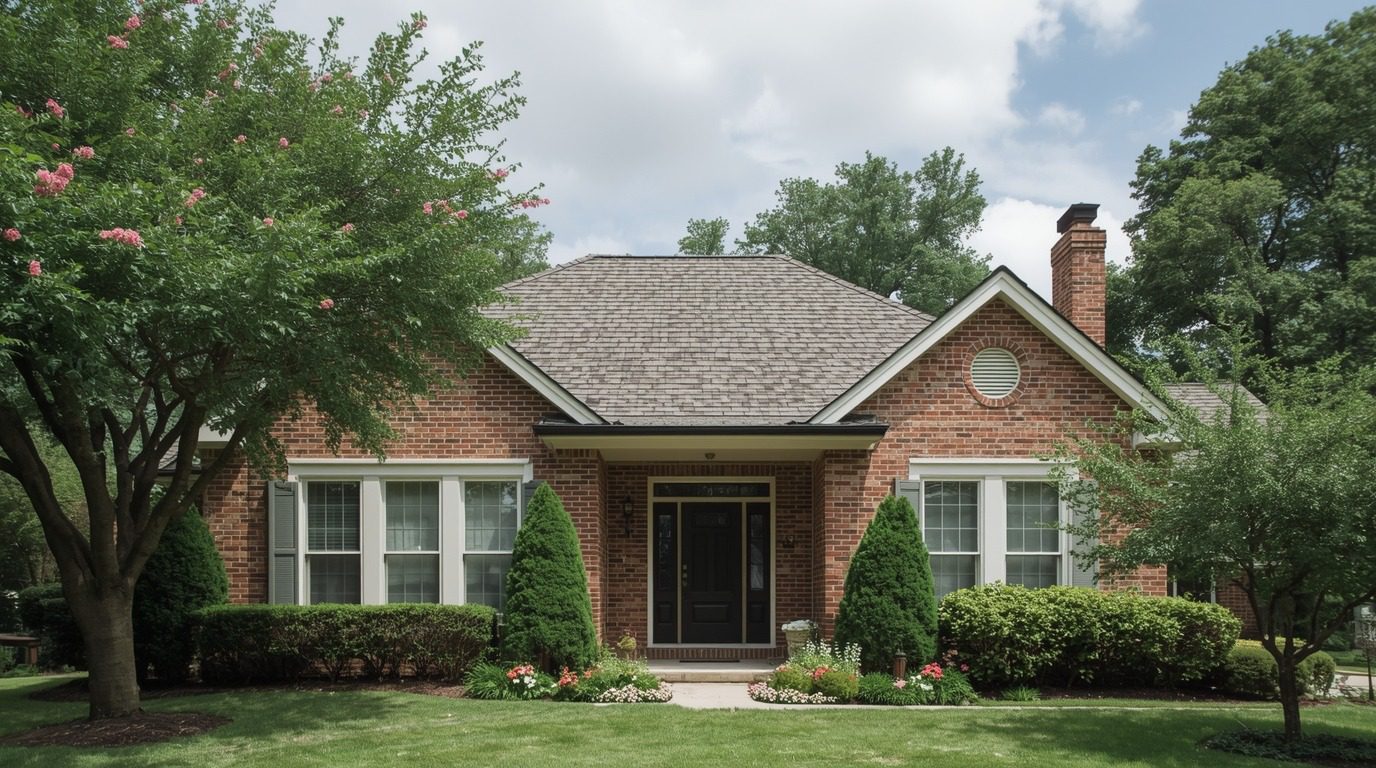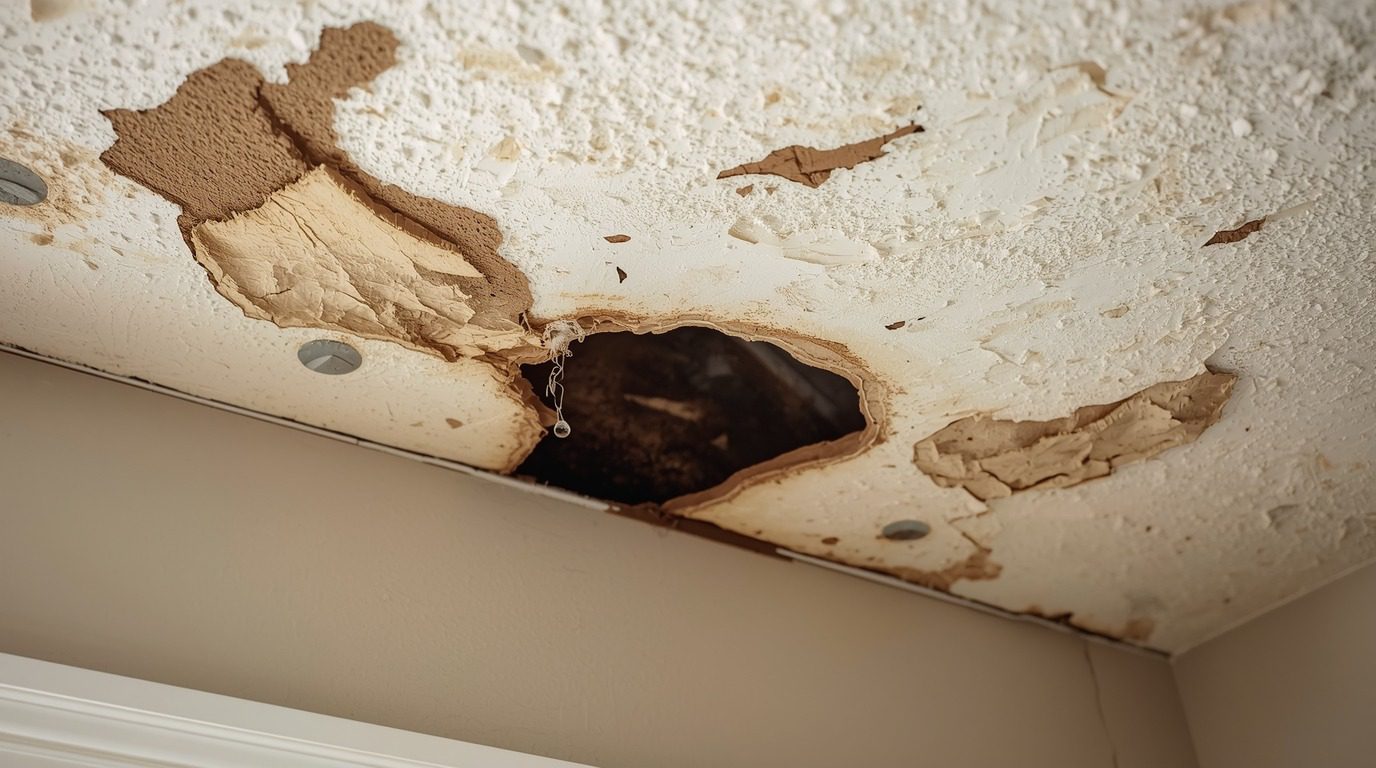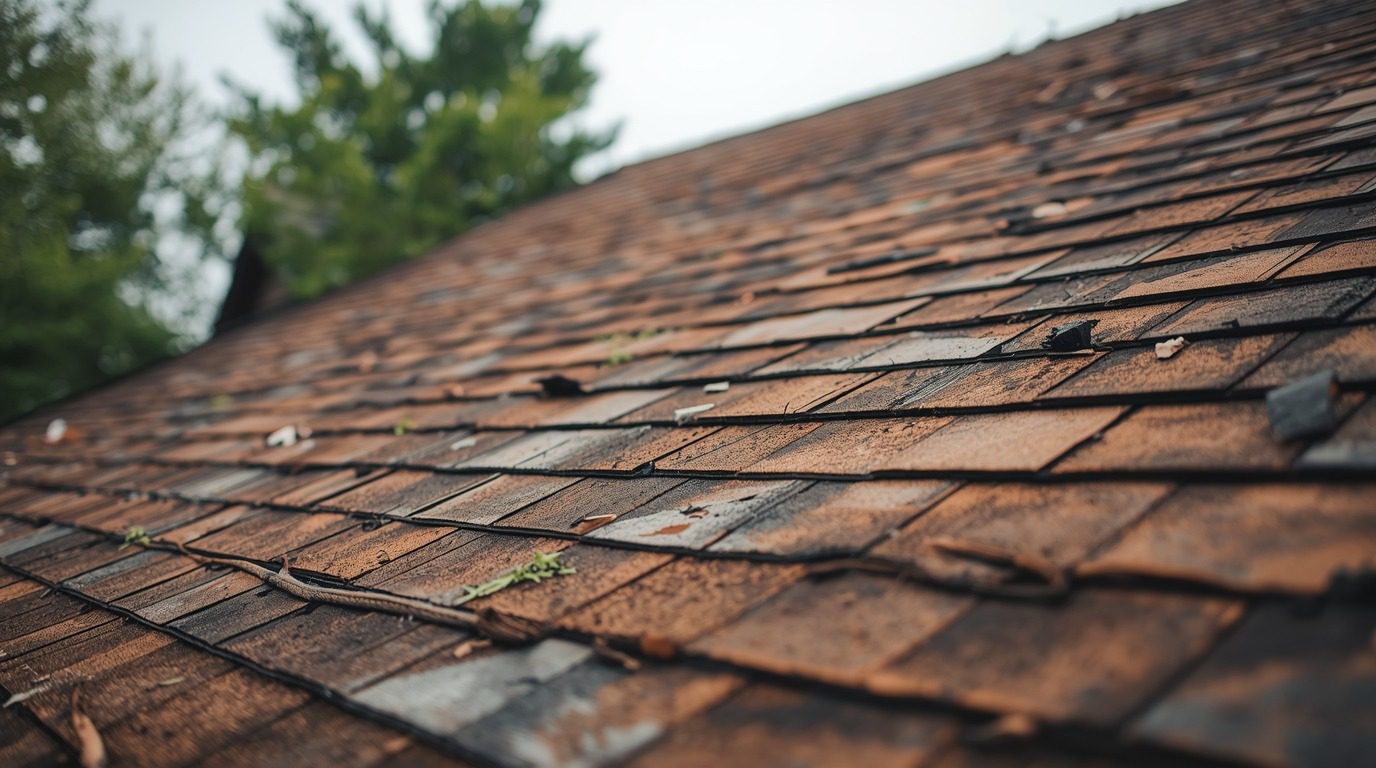Take a look outside. The sky might be blue, the breeze light, and the sun warming your porch. Feels pretty peaceful, right? But here’s the thing most homeowners in Oklahoma don’t realize: even on the nicest day, your house might be taking damage. Real damage. The kind that adds up slowly over time until it turns into a major (and expensive) problem.
See, Oklahoma weather isn’t just about tornado sirens and heavy storms. It’s about the everyday stuff too—the heat, the humidity, the wind, the way seasons flip-flop without warning. These aren’t just annoyances. They’re long-term threats to your home.
So, let’s break down exactly how Oklahoma weather is sneakily tearing up homes—and more importantly, what you can do about it.

Oklahoma Weather: A Perfect Storm of Wear and Tear
Living in Oklahoma means dealing with it all. Sweltering summers. Freezing winters. Hail the size of baseballs. Brutal wind gusts. And sometimes, all of it in one week.

That mix of weather extremes creates the perfect environment for wear and tear. Your home’s materials—whether it’s your roof, siding, or even your foundation—aren’t built to take this kind of beating day in and day out without some serious stress.
Think about it: every time temperatures swing 30 degrees in a day, things expand and contract. That movement might seem small, but over time, it adds up in a big way.
The Silent Destroyers: What’s Really Going On?
Let’s talk about the slow killers. These are the weather conditions that don’t make headlines, but they do make your house weaker bit by bit.

UV Damage and Heat Stress
The sun here doesn’t play around. Even when it’s not 100 degrees, those UV rays are baking your roof shingles, drying out caulk, and fading paint. Heat wears down protective coatings and makes materials brittle. Over time, your roof gets weaker, more porous, and way more likely to leak.
Freeze-Thaw Cycles
Ever notice how winter in Oklahoma isn’t just cold—it’s unpredictably cold? One day it’s 20 degrees, and two days later it’s sunny and 55 degrees. That back-and-forth causes expansion and contraction that cracks caulking, loosens shingles, and splits wood. Water sneaks into those cracks, freezes again, and makes it worse. It’s a cycle that just keeps repeating.
Wind and Microbursts
Sure, you’d notice if a tornado took your roof off. But most wind damage is quieter than that. We’re talking about those 40-60 mph gusts that rip up shingles one flap at a time or pull gutters just slightly loose. Not enough to freak out over immediately—but enough to let in moisture.
Moisture and Humidity
This one’s the silent MVP of slow destruction. High humidity can cause mold in your attic, warp your wood, and ruin insulation. Meanwhile, small leaks caused by old flashing or missing shingles allow water to seep in and rot your roof deck. And since it all happens gradually, you don’t even notice until there’s a major problem.
Hail and Minor Storm Damage
You hear the hail pounding and pray it doesn’t break your windows. But even the stuff that doesn’t feel like a big deal can be. Tiny dents in shingles weaken them just enough to shorten their lifespan. Maybe it won’t cause a leak today, or next month. But give it a season or two, and those spots turn into soft, water-absorbing patches.
It’s also why many homeowners eventually end up searching for trusted roofing companies in Choctaw or nearby areas—not because of one catastrophic event, but because the damage built up silently over time.
The Real Cost of Waiting Too Long
Let’s be honest: it’s easy to ignore small things. A loose shingle here, a little staining there, maybe a soft spot on the ceiling that doesn’t seem to be growing (yet).

But ignoring these signs is like ignoring a slow leak in a boat. Eventually, you’re going to sink. And when you do, it’s going to be expensive.
What starts as a $300 patch job becomes a $3,000 roof repair. Then maybe $8,000 for mold remediation. Add in rising insurance premiums or even a denied claim, and suddenly you’re paying big time.
And let’s not forget the emotional toll. Worrying every time it rains. Second-guessing if your home is really safe. No one needs that kind of stress.
What Can You Actually Do About It?
The good news? You don’t have to just accept the damage. There are simple steps you can take to stay ahead of Oklahoma’s brutal climate.

Get Regular Inspections
Set a reminder: once in spring, once in fall. That’s when you should be walking around your home or having a pro check things out.
Look for missing or curled shingles, rusted flashing, cracked caulk, clogged gutters, or any signs of moisture inside. And if you’re not sure what to look for, call a professional. It’s worth it.
Stay on Top of Maintenance
Clean your gutters. Reseal windows and vents. Replace worn-out weather stripping. Fix minor roof issues before they become major ones.
Think of it like brushing your teeth. Regular upkeep keeps the big problems (and bills) away.
Upgrade to Weather-Resistant Materials
If your roof or siding is aging out, don’t just replace it with the cheapest option. Look into impact-resistant shingles, waterproof underlayment, and reinforced flashing. These materials cost a bit more upfront but last longer and perform better under Oklahoma’s stress tests.
Document Everything
Take pictures before and after repairs. Keep receipts. If you ever need to file an insurance claim, this paper trail proves you’ve done your part as a responsible homeowner.
Final Thoughts: Don’t Wait for Disaster
Here’s the truth: it’s not the big storms that cause the most damage. It’s the slow, quiet stuff that creeps in over months or years.
By the time it shows up as a ceiling leak or a sagging gutter, the damage is already done. But it doesn’t have to get to that point.
You don’t need to live in fear of the next weather event. You just need a plan. Stay alert. Get ahead of the little stuff. And when in doubt, get a pro to take a look.
Your home is probably your biggest investment. Treat it like one.
Because here in Oklahoma, the weather isn’t taking a break anytime soon.

